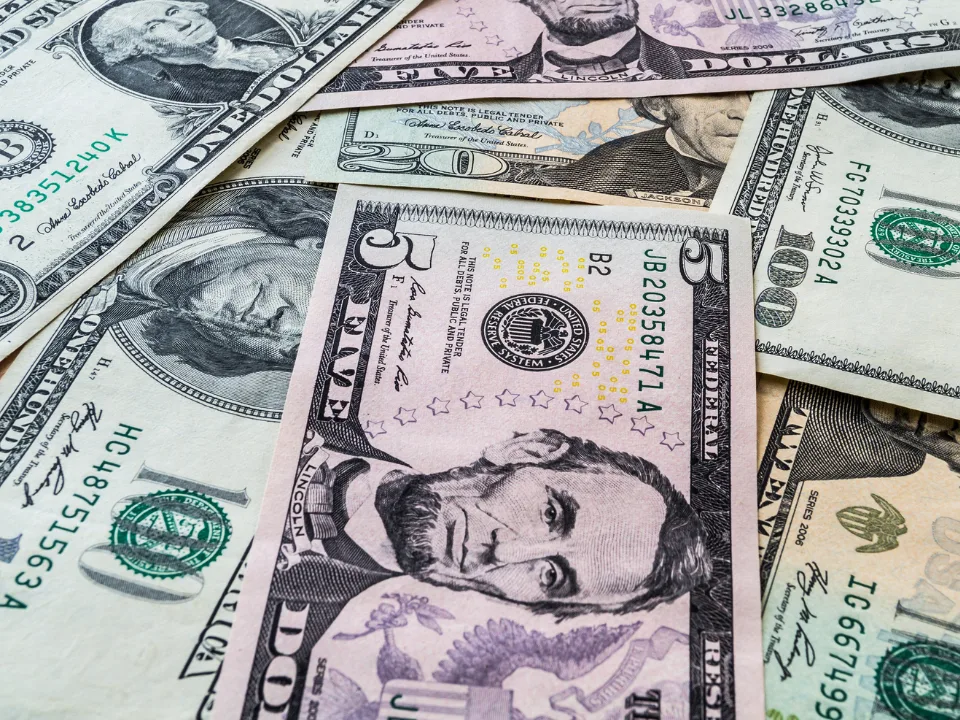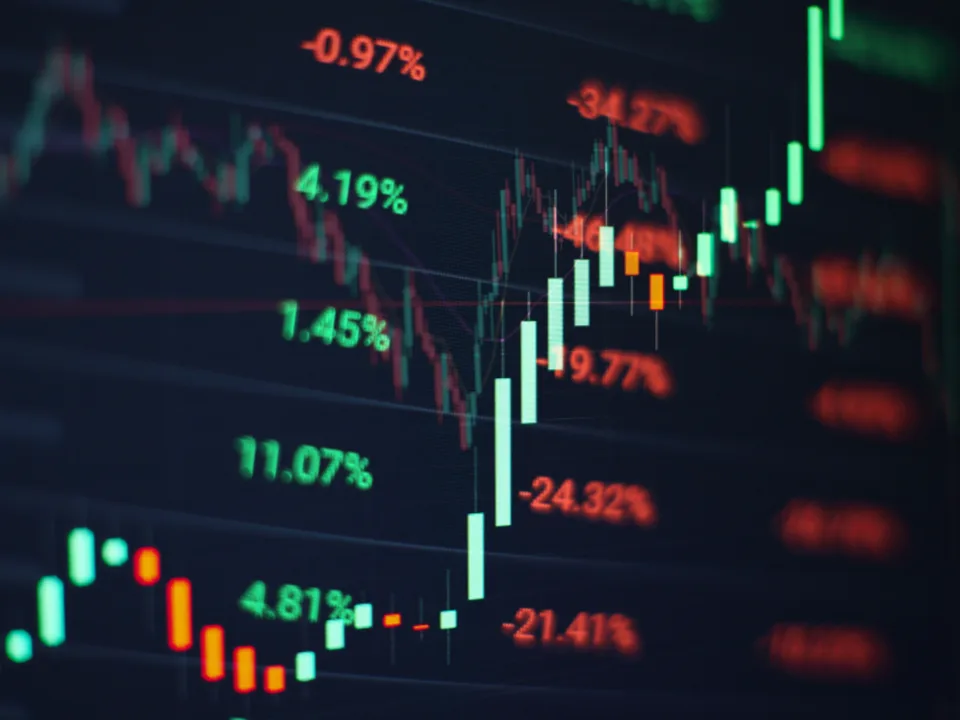- Jamie Dimon, CEO of JPMorgan Chase, continues to caution against too much optimism, predicting a 65% chance of recession due to geopolitical instability.
- Dimon emphasized energy supply risks, referencing conflicts like the Russia-Ukraine war, and warned of potential market disruptions.
- In contrast, Goldman Sachs CFO Denis Coleman believes the Federal Reserve’s interest rate cuts could lead to a soft landing, although consumer confidence has recently dropped.
As reported in GlobeSt, Jamie Dimon, CEO of JPMorgan Chase (JPM), has long been wary of the recovering U.S. economy, even as other experts are projecting confidence.
Speaking with India’s CNBC-TV18, Dimon reiterated his prediction that there’s a 65% chance of a U.S. recession this year, emphasizing that geopolitical factors are a major driver of uncertainty.
Looming Large
According to Dimon, global instability—particularly around energy supplies due to the Russia-Ukraine war and conflicts in the Middle East—is the “biggest caution” for the economy.
He warned that unforeseen disruptions in energy could trigger supply chain issues and exacerbate inflation, similar to what was observed during the pandemic.
Economic Outlook
While Dimon remains cautious, Goldman Sachs CFO Denis Coleman offered a more optimistic view. He pointed to the Federal Reserve’s recent 0.50% interest rate cut as a key move toward economic stabilization.
Coleman believes this cut signals progress toward a soft landing, with inflation easing and unemployment levels remaining manageable.
Mixed Signals
However, recent data paints a more complicated picture. The Conference Board’s Consumer Confidence Index dropped from 105.6 in August to 98.7 in September, falling below expectations.
Additionally, Federal Reserve Governor Michelle Bowman dissented on the size of the rate cut, favoring a smaller reduction due to concerns over persistent inflation and restrained consumer spending.
Dimon’s cautious approach reminds us that while optimism certainly exists in the U.S. markets right now, plenty of risk still remains—particularly in a volatile global environment.


















